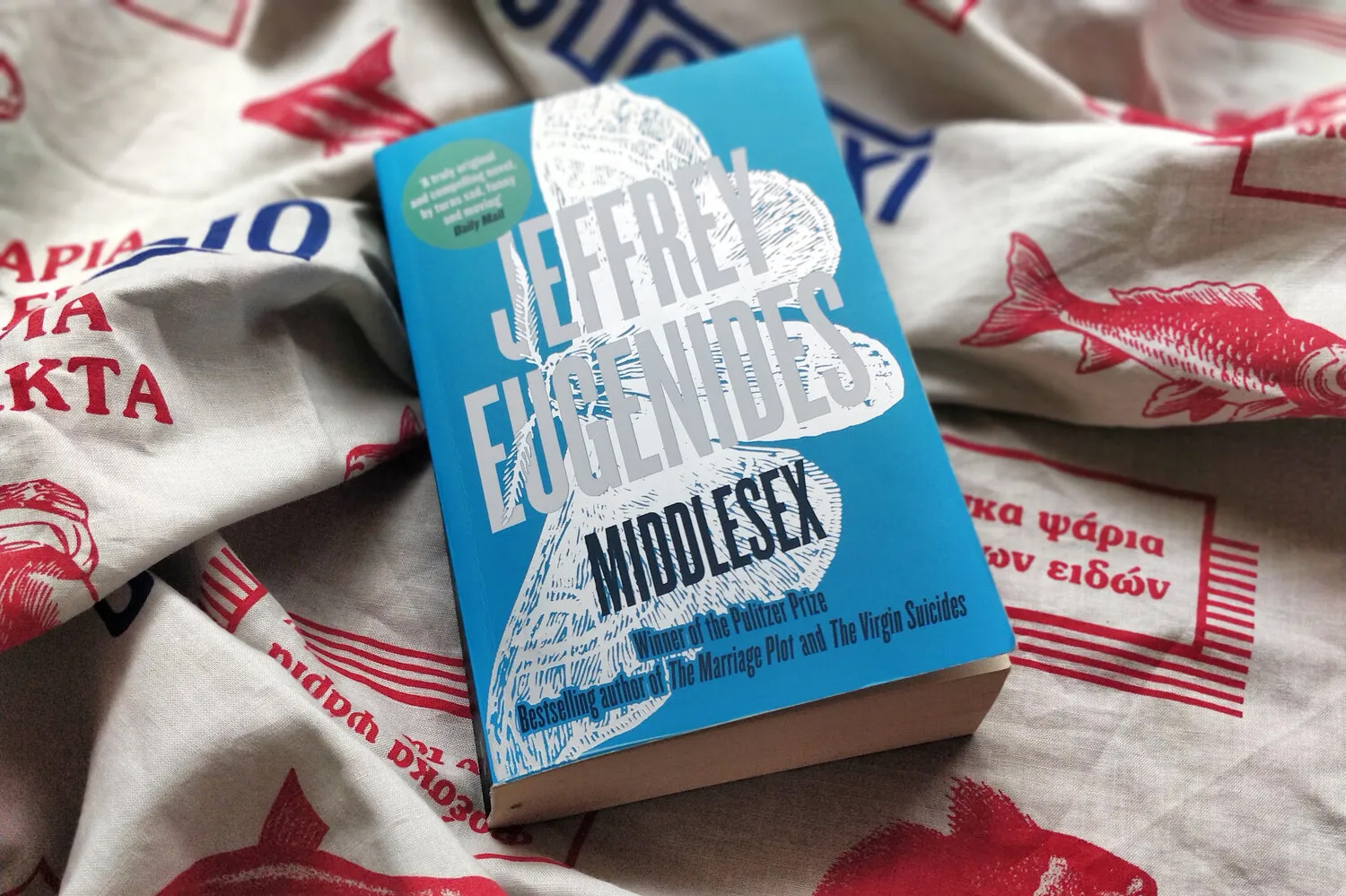Middlesex by Jeffrey Eugenides

But words are not only a means of conveying obvious truths, basic facts. Words change the way we think about the world, they change the way we see things. We can use words to fool the world — and sometimes ourselves — into believing things are different to what they actually are. Sometimes this is done intentionally, and sometimes these inaccuracies are genuine mistakes. Words give us a sense of control over our own narrative. In difficult situations, we use words to make things easier to deal with — we tell stories that excuse our behaviour, we label things differently so that they feel more acceptable. Sometimes this is just something we need to do in order to cope with the hand life has dealt us. We might derive immediate comfort from these inauthentic narratives, but can this comfort last? What are the repercussions of living an inauthentic life?
“Even the air seemed on fire, subtly aflame with energy as it does when you are young, when the synapses are firing wildly and death is far away.”
Jeffrey Eugenides’ Middlesex explores these themes in a compassionate and surprising family saga, spanning three generations of the Stephanides family. Our narrator, Cal, falls victim to an ill-fitting label early on in life. Born with ambiguous genitalia in a world that demands we place a binary label on every human born, Cal is christened Calliope. Even as Calliope reaches puberty, this label of “girl” has everyone, including herself, blinded to the truth. The blinkers created by a label, an expectation, make Cal’s journey to adulthood and beyond, much more painful that it needed to be.
“Children learn to speak Male or Female the way they learn to speak English or French.”
Step back a generation, and Cal’s mother tries to craft herself a virtuous identity as the fiancee of a Greek Orthodox seminarian, in an attempt to deny the lustful attraction she feels towards her unattractive second cousin.
Stepping back yet one more generation, we have Cal’s grandparents fatefully boarding a ship to America together, agreeing that if they simply stop referring to each other as brother and sister, that they can start their new life together as husband and wife.
“Tessie allowed Milton to press his clarinet to her skin and fill her body with music. At first it only tickled her. But after a while the notes spread deeper into her body. She felt the vibrations penetrate her muscles, pulsing in waves, until they rattled her bones and made her inner organs hum.”
In each of these instances, these inauthentic narratives shape the reality of these characters. They force their true selves into these ill-fitting moulds. For a time, these inauthentic narratives hold. However, whether the lie is self-imposed or created by others, it cannot last. There are always consequences for living an inauthentic life and the people to suffer them aren’t always the ones who chose to live the lie.
